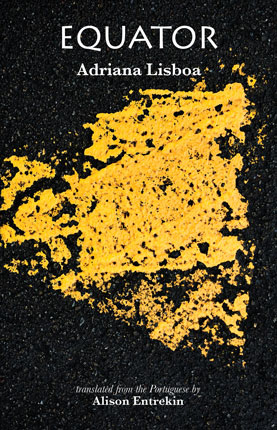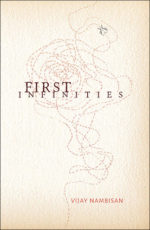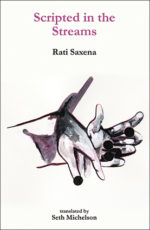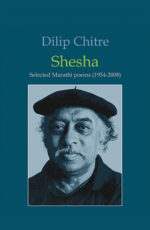| Author | |
|---|---|
| Translated by | |
| Imprint | |
| Language | |
| Edition | |
| Publishing Year | 2019 |
| Pages | 82 |
About the Book
Reading Adriana Lisboa’s poems one becomes aware that in the clear light of their precise articulations something secret is taking place. That “something / taking place in secret” can be as anguished as the poems are calm; as wild as the poems are poised. She dares ask any question and – even more courageously – dares answer (or accept that there is none). Poems that are tethered to terra firma can cut loose without warning; knowing can ambush you from anywhere. There are no dirty tricks in her work, no showy gestures. Instead, there is the animating intelligence of life lived acutely, on and through words, this impossible sustenance that poets seek, and only rarely – as in Lisboa’s case – find. In her able translator Alison Entrekin’s hands, Adriana Lisboa’s poetry offers an exhilarating oxygen, “freeing in the word / what the word seals in”.
Sampurna Chattarji, poetry editor of The Indian Quarterly









